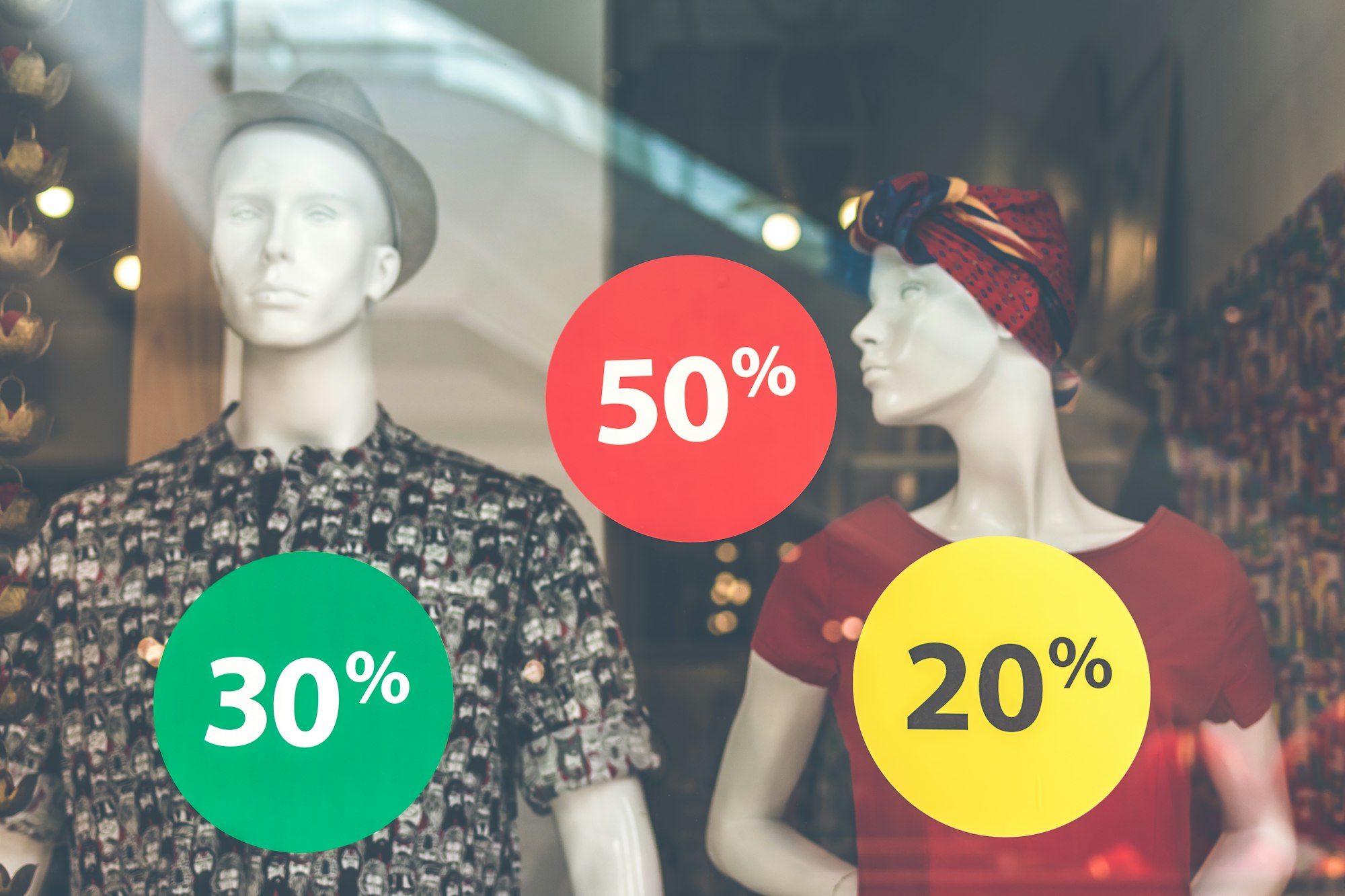Black Friday: Good deal or Bad deal?

It's Black Friday – that period of the year when we all try to get the best deals on discounted sales on our favourite shopping platforms, or not.
Black Friday, which started in America, takes place in the fourth week of November, the day after Thanksgiving, and has become one of the biggest dates in the consumer retail calendar around the world.
In fact, many people pause their purchases until the Black Friday period to get the best bargains on all things from electronics to fashion items.
During this period, reports have shown that retail stores make record sales. In 2021, there were 155 million shoppers in the United States on Black Friday, spending $8.9 billion online, with 43% of the sales taking place via mobile phones, according to data from Zippia.
If you are wondering how retailers achieve much success with sales during this period or why you feel the need to make that purchase during Black Friday, the South African College of Applied Psychology highlighted three psychological explanations behind the Black Friday deals.
Consumer Psychology: The Fear of Missing Out (FOMO)
Research shows that the fear of missing out on Black Friday plays a big role in how we make our purchase decisions. We tend to make spontaneous decisions to snatch up deals when we know that the sale is only going to happen once a year.
Neuropsychology: A Rush of Success
Neuropsychology shows us that events like Black Friday have interesting effects on our brain chemistry. When we swoop in and snatch up that last big flat-screen TV, our dopamine (pleasure hormone) levels spike. The rush this gives us, lights up the reward centre of our brains making us feel great!
Social Psychology: Mob Mentality
Social Psychology has a number of theories which help to explain Black Friday shoppers are an acquisitive mob – the social pressure of a large group of people making a move for something, gives a perception that it must be good and creates a mob mentality to do the same.
Is Black Friday all that it seems?
While it is arguably the best time to make those gadget purchases you've been delaying all year, with undeniably good deals flying around, Black Friday deals are not all they seem. Some marketers have begun to use questionable practices that play to consumers' psychology and deceive them into making impulsive purchases.
As a result of the purchasing frenzy during Black Friday periods, some marketers have resorted to manipulative methods to deceive customers that they are indeed getting the best deal on a purchase.
From my personal experience, marketers hike the prices of goods on their platform a few days before the Black Friday period, and slash the price by 50% when it begins, giving unsuspecting buyers the impression that they're getting a better deal as opposed to other periods – and it works!
Marketers also use scarcity as a powerful motivator, thereby making their products appear more valuable. They put up a false count (usually less than 10 or 20) of a particular product that reduces with every purchase. It is this idea that something is limited, either in quantity, time, or availability that drives much consumer behaviour to make these purchases.
Indeed, understanding these market psychologies and making strategic purchases can help you get the best deals during this period.






